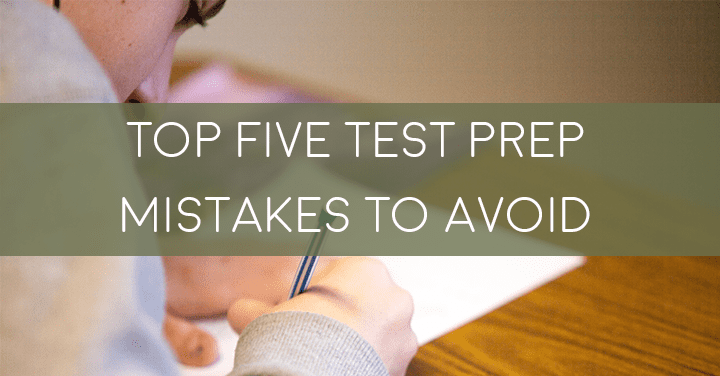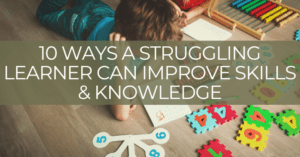Preparing for the SAT or ACT is a big deal. Students and families often wonder: Where do we even start?
While every student’s path to test prep is different, there are a few mistakes we see over and over again—and avoiding them can make all the difference. Whether your child is aiming for a competitive college, a merit scholarship, or just their personal best, staying focused and intentional is key.
Here are five of the most common test prep mistakes and how to avoid them.
1. Skipping Full-Length Practice Tests
A lot of students try to prepare for the SAT or ACT without ever taking a full-length practice test.
We get it — it’s time-consuming. But nothing replaces the experience of sitting for a real, timed practice test. It builds endurance, reveals timing issues, and helps students adjust their pacing.
At Thrive, we recommend taking a diagnostic test before starting prep—and another every 3–4 weeks. Each test gives us new data to refine the plan and target what matters most.
2. Not Setting a Clear Score Goal
It’s hard to measure progress without a destination. Yet many students dive into test prep without knowing what score they’re aiming for—or how realistic that goal is.
We work with families to set personalized, data-driven goals based on:
-
The student’s baseline scores
-
Their academic track record
-
The admissions profile of their target schools
-
Their available prep time
A goal that’s too vague (or too ambitious) can hurt motivation. We help students set the right target and a plan to get there.
3. Overemphasizing Strategy and Skipping Content
Test-taking strategies are useful, but they aren’t magic. A lot of students think learning a few “hacks” will skyrocket their scores, but the truth is, strategy only gets you so far.
The SAT and ACT are content-based exams. Success comes from mastering the academic material — especially grammar, algebra, reading comprehension, and data interpretation.
That’s why our tutors focus first on content mastery, and then layer in strategic tools to boost speed and accuracy.
4. Studying Without a Plan or Accountability
Scrolling through flashcards or watching random YouTube videos isn’t a prep plan. Students need structure, goals, and consistency—not scattered effort.
At Thrive, we build customized study plans based on your student’s timeline, strengths, and areas for growth. We keep students on track through regular check-ins, practice assignments, and weekly progress updates.
Tutoring is about more than explanation; it’s about creating structure and momentum.
5. Studying Passively (Instead of Engaging Deeply)
Effective test prep is active, not passive. Students don’t get stronger by simply flipping through a workbook or sitting silently in a large-group class.
We encourage students to ask questions, analyze their mistakes, and engage directly with the material. For independent learners, our digital SAT/ACT platform offers interactive practice, real-time feedback, and personalized study paths — so students are always learning efficiently.
Whether through one-on-one sessions or self-study, active learning makes the difference.
Final Thought
There’s no perfect formula, but there are smart, proven steps. Avoiding these five mistakes can help your student get more out of every hour they put into test prep. And if they’re not sure where to start, we’re here to help.
👉 Contact us to get started.





